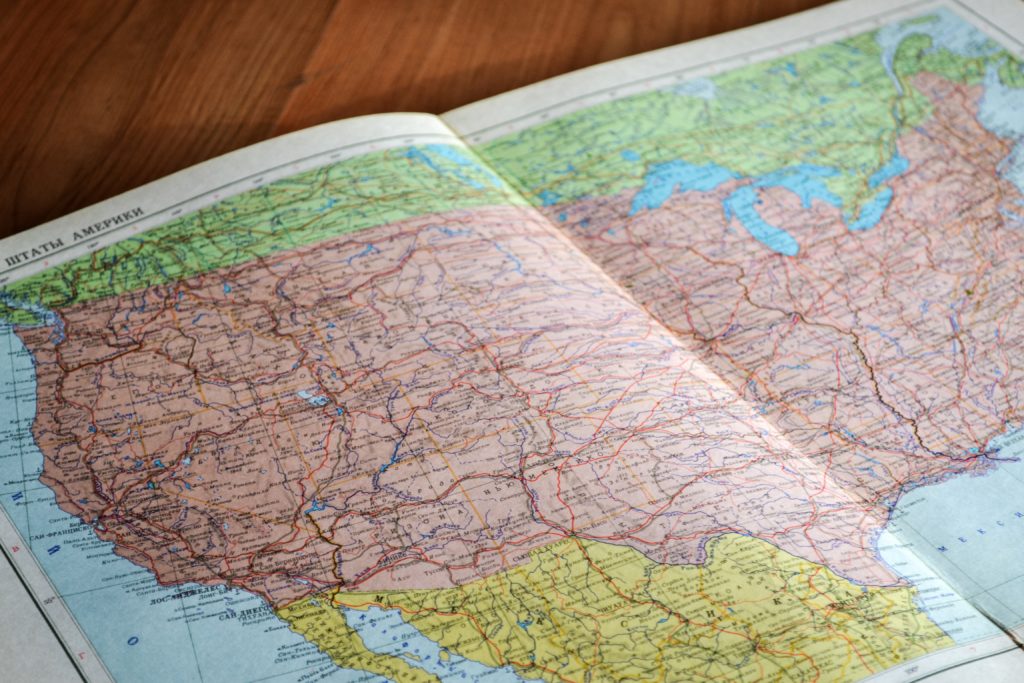A rising number of hospice providers nationwide have diversified services to include palliative care in an effort to engage patients further upstream and open up new lines of revenue. Despite these efforts, palliative care remains widely untapped in many areas throughout the United States, with knowledge gaps about the nature of these services acting as a potential barrier to greater access.
While hospices provide roughly 50% of home- and community-based palliative care across the country according to 2019 research by the Center to Advance Palliative Care (CAPC), communicating the value of seriously ill cares to the public at large has come with challenges of breaking down misperceptions and spreading awareness. Demographics such as age, race, marital status and level of education and income have been shown to impact public perception, with geographical location coming into play as an additional factor to palliative care under-utilization.
According to a recent study published in the American Journal of Hospice and Palliative Medicine, less than a third of nearly 3,200 respondents reported having knowledge of palliative care. Intended to examine the national geographic variation in knowledge of palliative care, the study compared awareness in areas such as common misconceptions, primary sources of information and awareness of goal-concordant treatment across four different regions.
Of those surveyed throughout the Northeast, Midwest, South and West, those residing in the Northeast reported the highest levels of palliative care awareness. Compared to mountainous regions, palliative care was more well-known along the New England, Pacific and South Atlantic coasts.
The study’s findings reportedly “represent an opportunity for minimizing the gap of geographic disparity by initiating strategic programs and promoting [palliative care (PC)] programs nationwide,” according to the authors.
This gap was similarly reflected by CAPC reports of studies showing nearly 80% of consumers who received background information on palliative care would choose it for themselves or their loved ones, and nearly 60% of patients who would benefit from those services do not receive them.
Bridging geographical disparities in palliative care knowledge could not only boast improved utilization, but also drive down costs of care for providers and patients alike. A nonprofit economic research group, Florida TaxWatch, reported last year that home-based palliative care could reduce societal health care costs by $103 billion nationwide within two decades.
A Turn-Key Health paper additionally indicated the value of improved widespread palliative care understanding, stating that community-based palliative care could reduce total health care costs by 36% and reduce hospital admissions by 48%, resulting in 28% cost savings per patient day. In the outpatient setting, community-based palliative care has been shown to reduce emergency department visits by 35% and hospitalizations by 50%.
Companies featured in this article:
American Journal of Hospice and Palliative Medicine, Center to Advance Palliative Care (CAPC), Florida TaxWatch, Turn-Key Health



